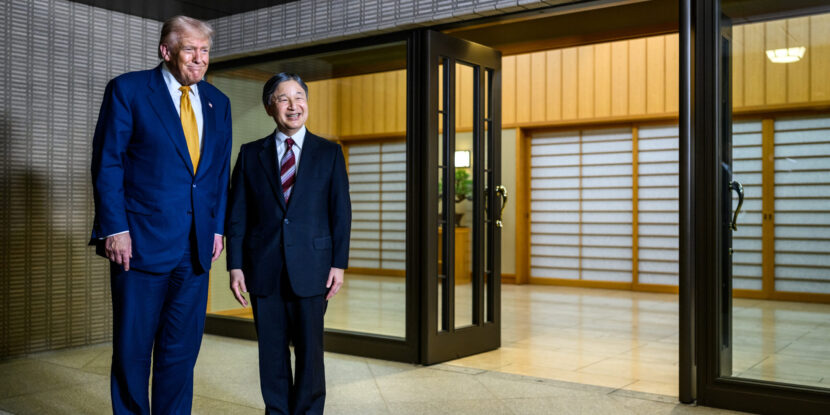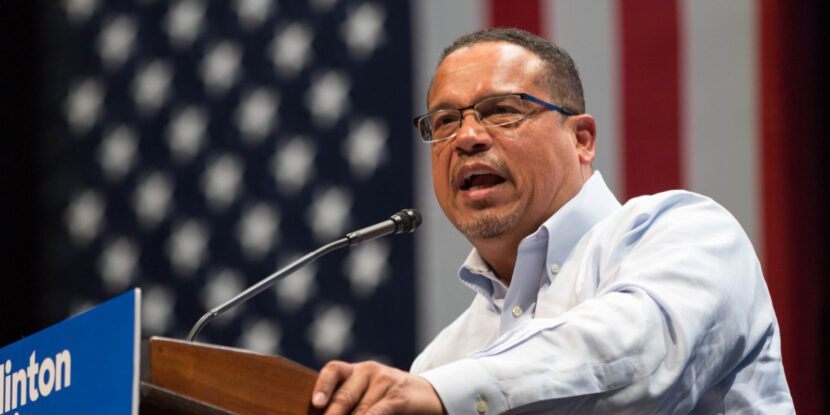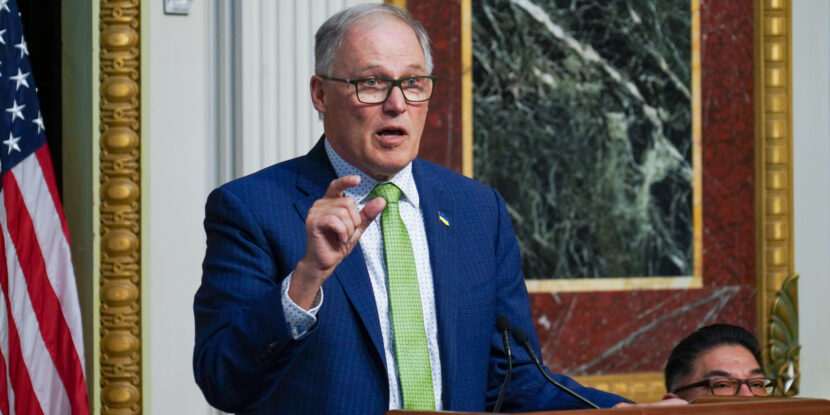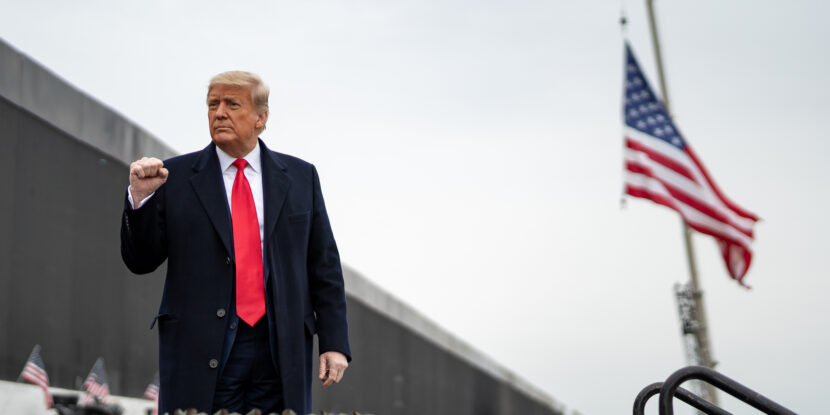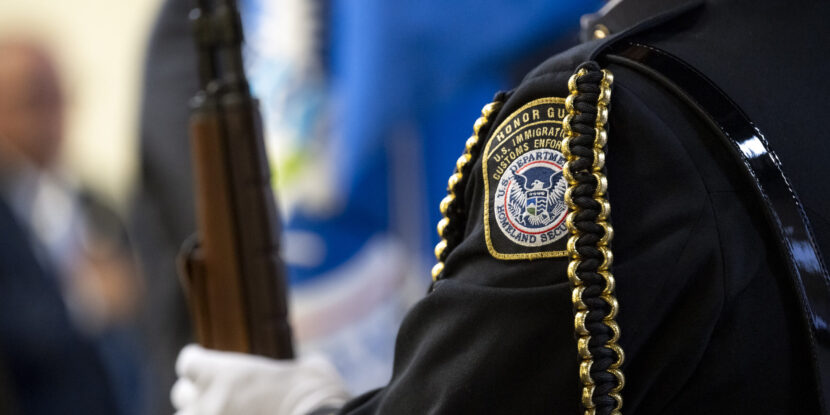❓WHAT HAPPENED: President Donald J. Trump announced significant agreements with Japan, including a $550 billion investment commitment, a critical minerals deal, and expanded U.S.-Japan energy and defense cooperation.
👤WHO WAS INVOLVED: President Trump, Japanese Prime Minister Sanae Takaichi, and various U.S. and Japanese companies.
📍WHEN & WHERE: Announced during President Trump’s visit to Tokyo, Japan, on Tuesday, October 28, 2025.
💬KEY QUOTE: “Today’s announcements reflect the strong and enduring relationship between the United States and Japan, while advancing the economic and national security interests of the American people.” — Trump White House
🎯IMPACT: The agreements strengthen U.S. manufacturing, energy exports, and defense capabilities while enhancing supply chain resilience and economic security.
During his visit to Tokyo, Japan, on the second leg of his Asia tour, President Donald J. Trump met with Emperor Naruhito and newly installed Prime Minister Sanae Takaichi and announced a series of groundbreaking agreements aimed at revitalizing the U.S. industrial base and securing critical supply chains. These agreements include a $550 billion Japanese investment commitment to the United States, a landmark critical minerals agreement, and expanded energy and defense partnerships.
The U.S.-Japan Framework Agreement, signed by President Trump and Japanese Prime Minister Takaichi, outlines a range of investments. These include up to $332 billion for critical energy infrastructure, $30 billion for artificial intelligence (AI) infrastructure, and $15 billion for electronics and supply chain development. Additionally, Japan committed to purchasing U.S. energy, with companies like Tokyo Gas and JERA signing letters of intent for LNG offtake and making substantial investments in U.S. energy projects.
The agreements also address critical mineral and chemical exports, with Japan committing $3 billion for a fertilizer facility and $2 billion for a copper smelting plant in the U.S. Furthermore, Japan will expand opportunities for U.S. exports, including facilitating the sale of U.S.-made vehicles and implementing fair competition measures for mobile software.
Defense and security cooperation were also highlighted. The U.S. and Japan agreed to accelerate missile deliveries for Japan’s F-35 fighter jets and enhance intelligence-sharing to combat illegal drug trafficking, especially fentanyl. Both nations also signed a Memorandum of Cooperation to expand shipbuilding capacity and strengthen supply chain resilience.
Join Pulse+ to comment below, and receive exclusive e-mail analyses.
